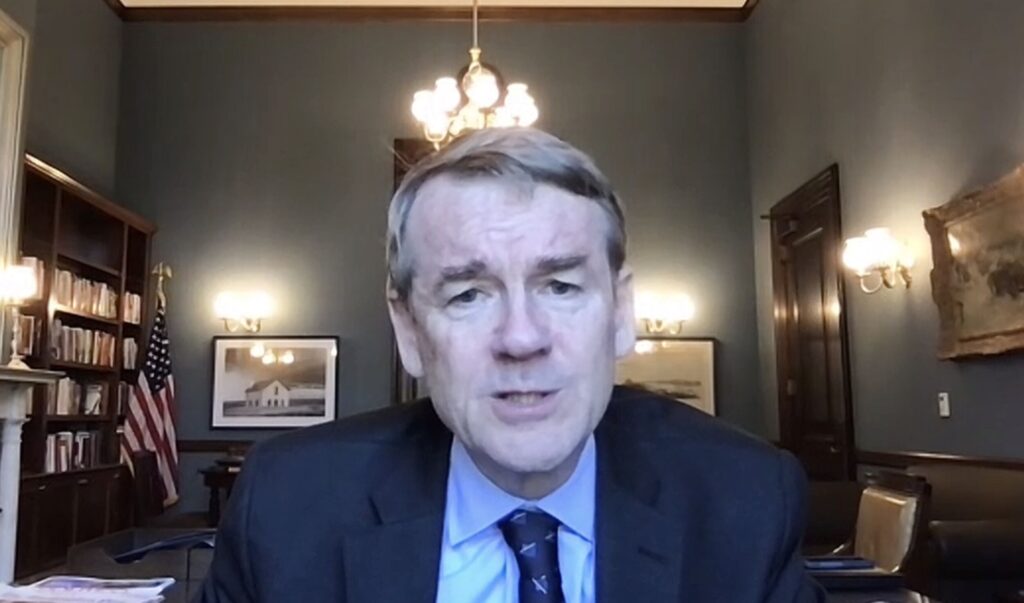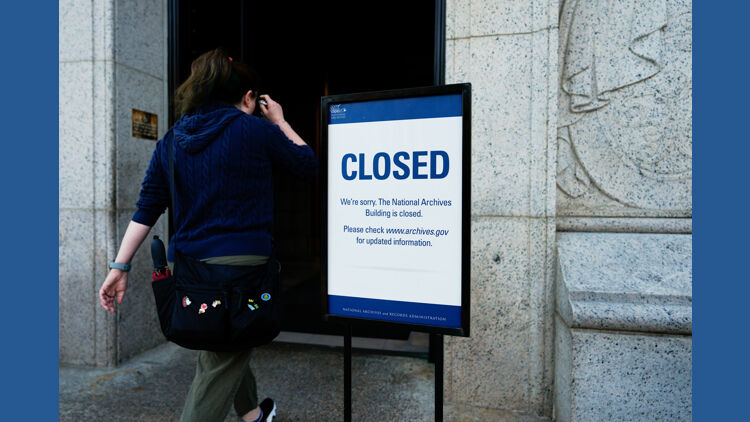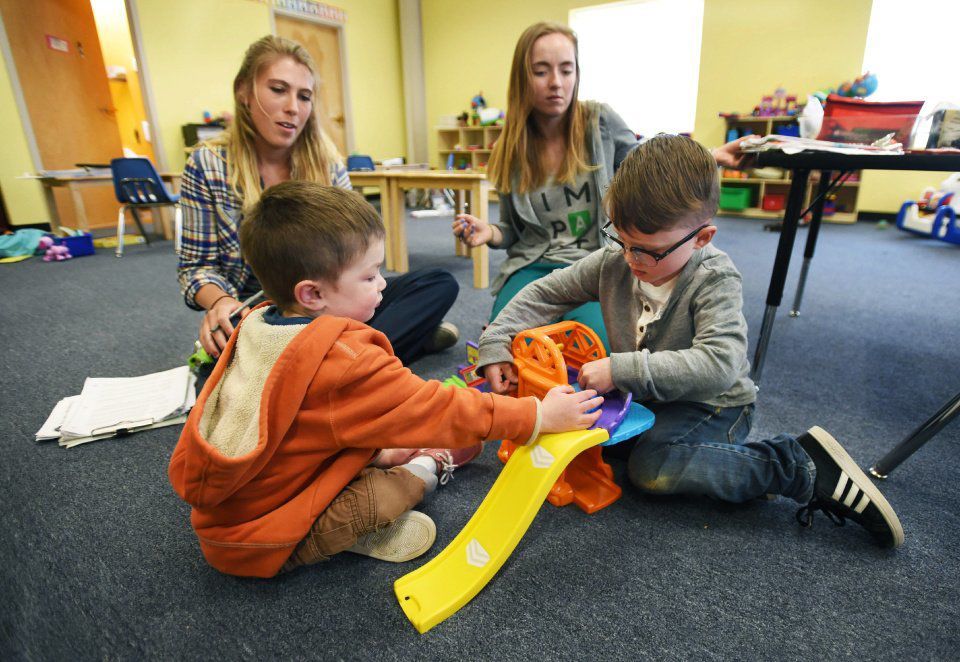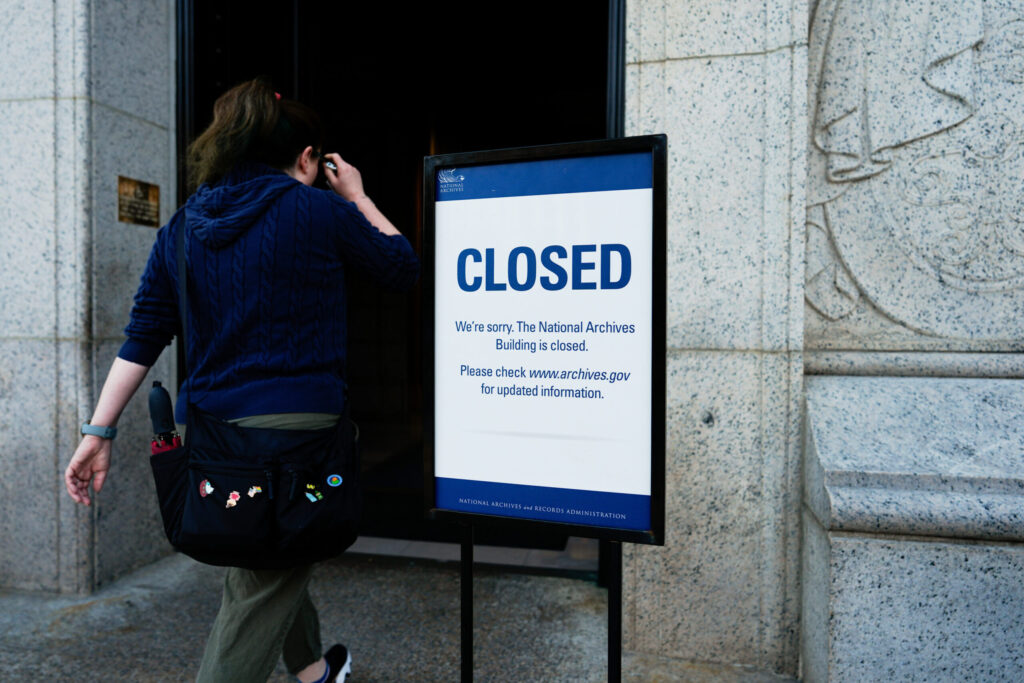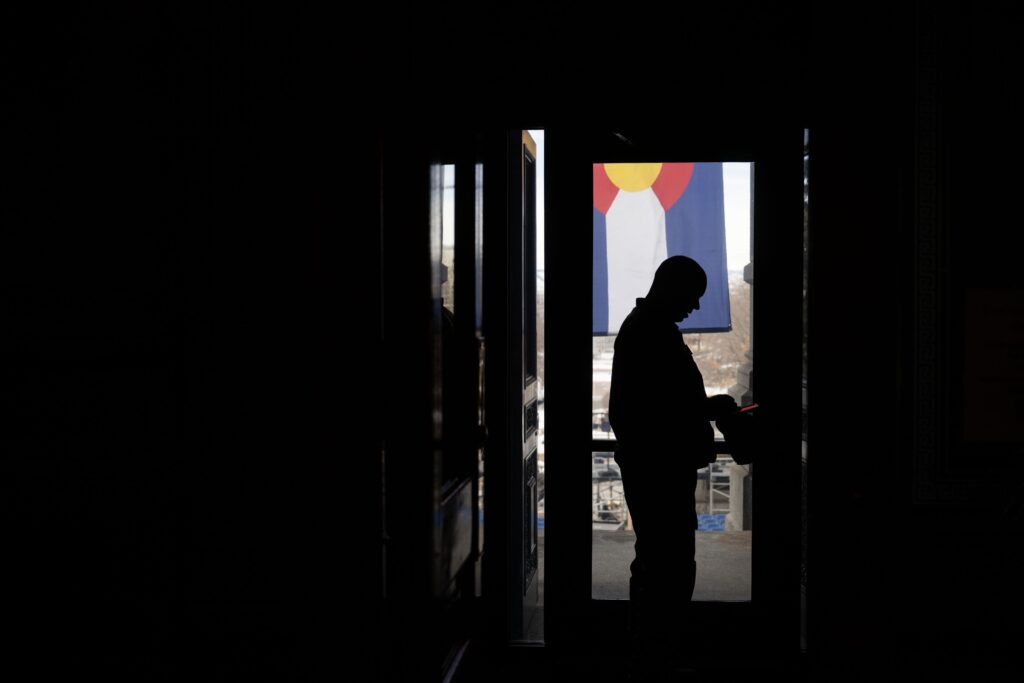Colorado state Senate candidate talks about surviving human trafficking
Rebecca Cranston is leaving behind the baggage of surviving human trafficking by unpacking it early in her campaign for Colorado state Senate District in Larimer County. She did that over breakfast between meetings in Denver last week.
Her “Me Too” Facebook post recently brought media attention to an otherwise little-watched Democratic primary in what’s viewed as a safe Republican seat in Larimer County.
Between sips of coffee, Cranston explained that she’s so much more than something that happened to her when she was 14. She cares passionately about many Colorado issues, and the fight against human trafficking and the exploitation of children are among them.
Cranston turned her troubled teenaged years into a degree from Fort Lewis College in Durango, then a business scholarship and a valuable degree from Georgetown University in Washington, D.C. She is a foster parent and started a nonprofit to find more loving places for foster kids to live.
She also hopes to turn her two years as executive director of the Northern Colorado AIDS Project into better state policies on other social services, including drug abuse prevention and homelessness.
Her teenage years in Douglas County, however, were rocked by an unsettled family life that, in her 14-year-old mind, left her one option: accept what looked like friendship from a man in his 30s.
By the time she was in her teens, her dad had left. Her mom had a new boyfriend and four children under one roof. The new guy in her mom’s life didn’t abuse her sexually in any way, but she felt unloved and unwelcome there.
Cranston stayed with her school friends as much as she could, and when she couldn’t do that, she slept in a laundromat, she said. She was with a friend at the Village Inn in Castle Rock sorting out the mess of her life one night, when a solution presented itself.
A grown man claimed he wanted to help, that he only wanted to be her friend. Besides a place to stay, he raised her hopes in other ways – like, maybe he would help her pay for college, she thought. He made a grand gesture by taking her on a trip to New York City.
There she found his motives were different. He saw her as something he could sell in a city far away from her family and friends, not something he would support. He never got that chance, because once she figured what he really wanted, and the danger she was really in, she snuck away and figured out how to get home to Colorado – when she should have been thinking about a freshman homecoming dance in high school.
Cranston won’t talk specifically about what happened in New York. She said it doesn’t matter now. It’s the past, and she doesn’t feel a need to justify why it happened, she said.
At the time, she was just ashamed and just wanted to move on. In a 14-year-old girl’s mind she must have done something to deserve being treated that way.
“A lot of it I didn’t remember until later,” she said. “A lot of it I didn’t understand until much, much later.”
Cranston struggled on but managed to graduate from Douglas County High School. “My grades were horrible,” she said.
ButCranston got into college in Durango, and she began to put her Front Range troubles behind her, at least outwardly.
“I’m a recovering river guide,” she said with a laugh about her passion for the outdoors and the Western Slope.
For a year in a half in between Fort Lewis and Georgetown, she lived in hardscrabble northwest China to live among the Uighurs, a Chinese minority that clashes often with the country’s communist government. She traveled a lot, including Central and South America.
One night she dreamed she walked out onto the street in the Chinese town where she lived and everything was on fire. She looked down and so were her shoes.
It was a metaphor, she thought, for how she was living her life. She always moved on – looking past or blocking out – the pain she had felt.
“I was searching for something that couldn’t be found outside myself, like, ‘Oh, I don’t fit in here, there’s so much drama here, there’s so much bad association here, so I have to find the next place where I’ll be able to find that missing thing,'” she said. “Ultimately I couldn’t find that thing outside myself.
“Coming home to where my roots are was very empowering to me in that way.”
Her work with the Northern Colorado AIDS Project has instilled in her a wider understanding of the challenges Coloradans face in addition to healthcare, including drug addiction, homelessness and, yes, the devastating impact of shame and isolation.
“That behavior truly is a symptom, truly, of much deeper things,” she said. “It’s the lack social support. It’s the lack of something people don’t get at some point in their life and they don’t see any way of getting it. That’s a way of meeting some fundamental human needs.
“That perspective is badly needed at the Capitol. We have people who have no concept of that. It’s all punishment, and it’s all shame. The more we shame people the more the behavior is going to happen. If it worked, we wouldn’t have any homelessness; homeless people are shamed every day, and it doesn’t fix anything.”



